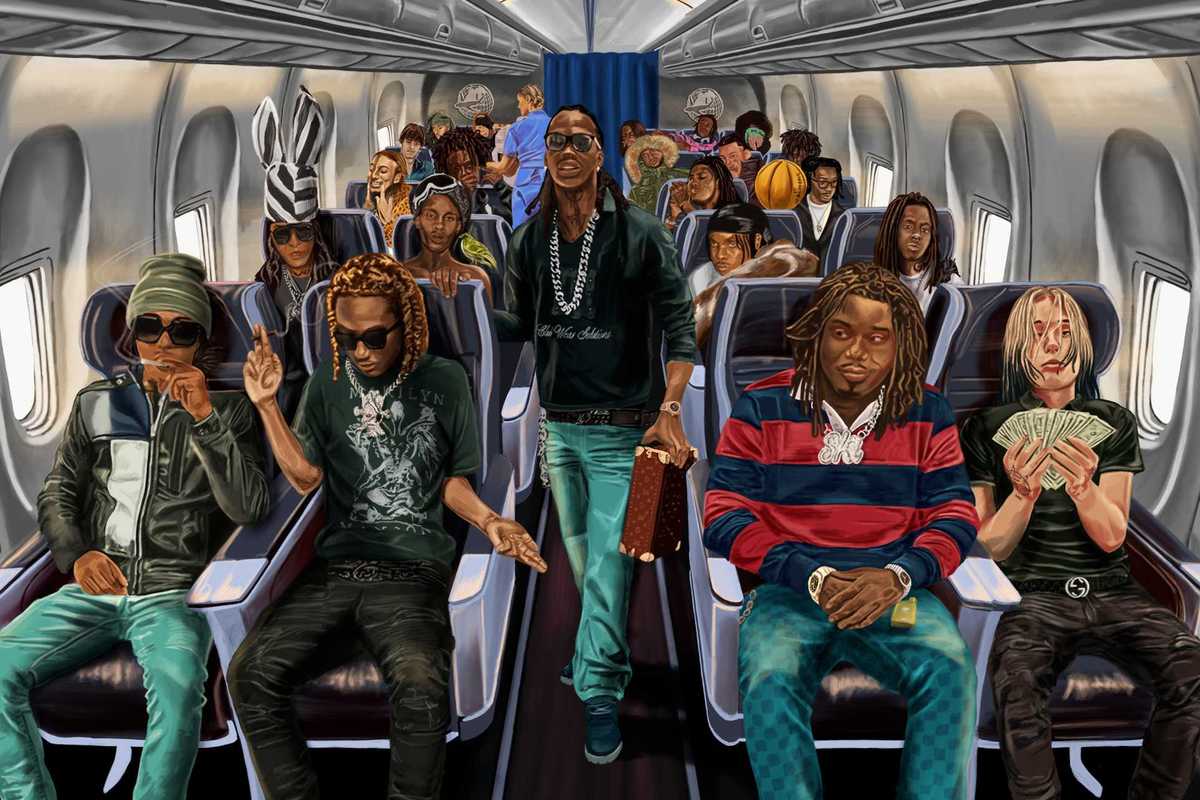Bob Dylan Performed A Rare Cover Of Leonard Cohen's "Dance Me To The End Of Love" In Montreal
The legendary artist skipped the chance to pay tribute to Gordon Lightfoot or Robbie Robertson in Toronto, but saved a rare treat for fans in Montreal.

Bob Dylan
One legendary artist invoked the spirit of another on Sunday night (Oct. 29) as Bob Dylan covered Leonard Cohen in Montreal.
Dylan has taken his Rough and Rowdy Ways World Tour across North America this fall, bringing his signature gravel voice and searching songwriting to venues throughout the continent. At some stops, the octogenarian artist has covered songs by local heroes — Muddy Waters in Chicago, Chuck Berry in St. Louis.
As the tour approached Canada last week, Toronto fans were expecting a tribute his recently departed lifelong friend Robbie Robertson or local hero Gordon Lightfoot during one of Dylan’s two sold-out shows at Massey Hall. He didn't do that, instead covering Johnny Mercy and the Grateful Dead amidst his new-and-deep-cuts setlist.
Instead, it was the following Montreal audience who got a rare treat: Dylan covered Leonard Cohen’s “Dance Me to the End of Love,” off of 1984’s Various Positions, during his Place Des Arts performance. There’s no video footage of the cover, but one fan captured the audio, which features a rousing performance from Dylan and his five-piece band as well as cries of “oh my God!” from an excited fan:
Bob Dylan - Dance Me To the End of Love (Leonard Cohen) - Montreal 29.10.2023
It’s not the first time Dylan has covered Cohen, or even the first time he’s selected a song off of Various Positions. In 1988, performing at Montreal’s Forum, Dylan covered a relatively obscure Cohen composition, “Hallelujah.” (You might know it?) Columbia Records didn’t even release Various Positions in the U.S. at first, but Dylan, recognizing its brilliance, became the first major artist to cover “Hallelujah.”
A Rolling Stone storystory describes Dylan showing interest in the now-ubiquitous song in the early '80s, when he and Cohen were discussing ongoing work together in Paris. Dylan asked Cohen how long it had taken to write. Cohen lied and said two years; it had taken five. “Hallelujah” would go on to be covered by over 300 performers, some of whom hit the charts with it themselves, and finally hit No. 1 on the Billboard Hot 100 himself in 2016, when Cohen passed at the age of 82.
The two performers rose to popularity in the '60s folk scene, with Dylan harnessing the nascent potential of rock and roll and Cohen pivoting from poet to songwriter. They revered each other.
“He is unparalleled in the world of music,” Cohen once said of Dylan. “And will remain a torch for all singers and all hearts for many generations to come."
Dylan, meanwhile, famously referred to Cohen’s songs as prayers. “Dance Me to the End of Love,” which was inspired by the horrors of the Holocaust, is one of Cohen’s finest and most haunting. Cohen began many performances with it. Dylan’s cover is a tribute to the memory of his peer and the immense power of his work.


















